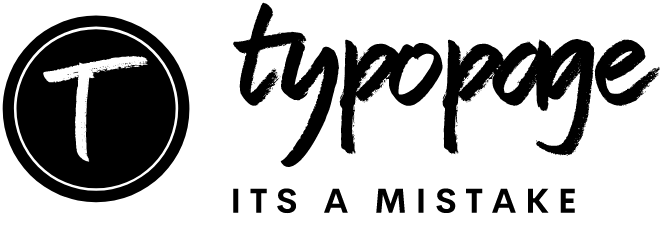The ketogenic diet, often shortened to “keto,” is a low-carb, high-fat eating plan that has gained immense popularity in recent years. The primary goal is to shift your body into a state of ketosis.
What is Ketosis?
Ketosis is a metabolic state where your body, deprived of carbohydrates (its usual energy source), begins to burn fat for fuel instead. This fat-burning process produces ketones, which are then used as energy by your body and brain.
How Does Keto Work?
- Drastically Reduced Carbs: The keto diet typically limits carbohydrates to about 20-50 grams per day. This eliminates or severely restricts major food groups like grains, sugars, legumes, and most fruits.
- Increased Fat Intake: Fats become your primary energy source, making up about 70-80% of your daily calories. Healthy fats like avocados, nuts, seeds, and olive oil are encouraged.
- Moderate Protein: Protein intake is moderate, usually around 20% of your daily calories. You can enjoy meats, fish, eggs, and some dairy.
Potential Benefits:
- Weight Loss: The keto diet has been shown to be effective for weight loss due to increased fat burning and appetite suppression.
- Blood Sugar Control: It can significantly improve blood sugar and insulin levels, making it beneficial for people with type 2 diabetes.
- Mental Clarity: Some people report improved focus and mental clarity on the keto diet.
- Other Potential Benefits: Research suggests potential benefits for epilepsy, certain types of cancer, and neurological conditions.
Important Considerations:
- The “Keto Flu”: When first starting keto, you may experience flu-like symptoms (headache, fatigue, irritability) as your body adjusts to burning fat for fuel.
- Nutrient Deficiencies: The restrictive nature of keto can lead to deficiencies in certain vitamins and minerals if not carefully planned.
- Not for Everyone: The keto diet may not be suitable for everyone, especially those with certain medical conditions. It’s crucial to consult with a healthcare professional before starting.
Getting Started with Keto:
- Consult Your Doctor: Discuss the keto diet with your doctor to ensure it’s safe and appropriate for you.
- Educate Yourself: Learn about the principles of keto and the types of foods allowed and restricted.
- Plan Your Meals: Create a meal plan that fits your preferences and dietary needs.
- Track Your Progress: Monitor your ketone levels and adjust your diet as needed.
For a more detailed beginner’s guide to the keto diet, check out: The Ketogenic Diet: A Detailed Beginner’s Guide to Keto – Healthline
Remember, the keto diet is a significant change in how your body uses energy. It’s essential to approach it with caution, do your research, and consult with a healthcare professional for guidance.



Thanks for sharing. I read many of your blog posts, cool, your blog is very good.